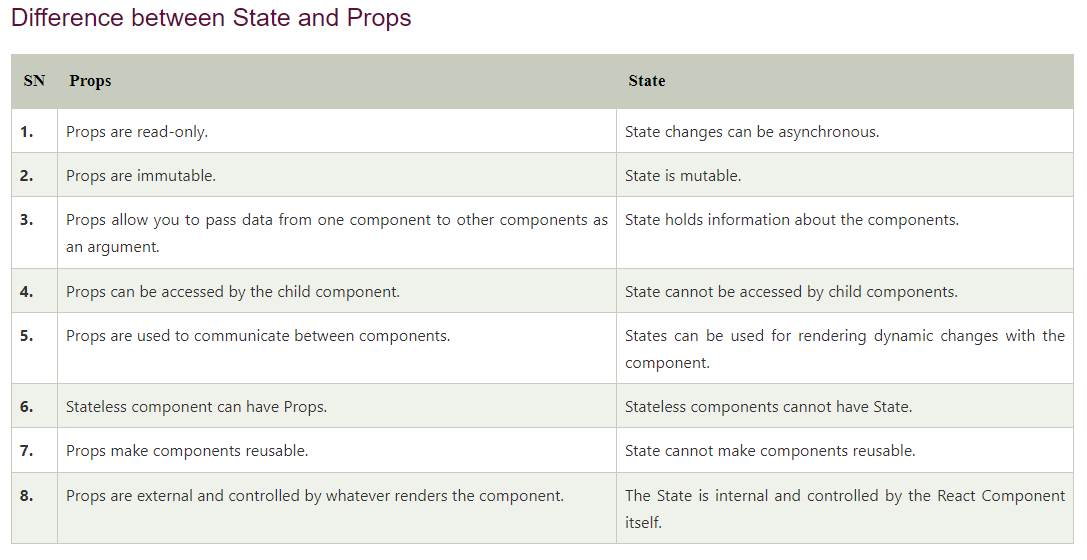BOOST-YOUR-DAILY-ACTIVITY
Select today's exercise
/Lunges_unannotated1-399b9230f4154a30ad89034ba260fc1b.jpg)
Lunges
Challenging your balance is an essential part of a well-rounded exerci...
For Age: 20-24
Time Required: 20 Minutes

Pushups
Drop and give me 20! Pushups are one of the most basic yet effective b...
For Age: 18-24
Time Required: 15 Minutes

Squats
Squats increase lower body and core strength, as well as flexibility i...
For Age: 19-23
Time Required: 18 Minutes

Standing overhead dumbbell presses
Compound exercises, which utilize multiple joints and muscles, are per...
For Age: 23-26
Time Required: 30 Minutes

Dumbbell rows
Not only will these make your back look killer in that dress, but dumb...
For Age: 22-28
Time Required: 25 Minutes

Single-leg dead-lifts
This is another exercise that challenges your balance. Single-leg dead...
For Age: 24-28
Time Required: 27 Minutes

Burpees
An exercise we love to hate, burpees are a super-effective, whole-body...
For Age: 22-24
Time Required: 19 Minutes

Side planks
A healthy body requires a strong core at its foundation, so don’t negl...
For Age: 16-20
Time Required: 16 Minutes

Planks
Planks are an effective way to target both your abdominal muscles and ...
For Age: 19-25
Time Required: 10 Minutes

Hafizur Rahman Razib
Dhaka,Bangladesh
75kg
Weight
6.5
Height
25yrs
Age
Add A Break
Exercise Details
Exercise Time
0 Minutes
Break Time
Minutes
Frequently Asked Question Section:
Question: How does react works?
Ans: React is a declarative, efficient, and flexible JavaScript library for building user interfaces.ReactJS is an open-source, component-based front end library responsible only for the view layer of the application. It is maintained by Facebook.
React uses a declarative paradigm that makes it easier to reason about your application and aims to be both efficient and flexible. It designs simple views for each state in your application, and React will efficiently update and render just the right component when your data changes.
While building client-side apps, a team of Facebook developers realized that the DOM is slow (The Document Object Model (DOM) is an application programming interface (API) for HTML and XML documents. It defines the logical structure of documents and the way a document is accessed and manipulated.). So, to make it faster, React implements a virtual DOM that is basically a DOM tree representation in JavaScript. So when it needs to read or write to the DOM, it will use the virtual representation of it. Then the virtual DOM will try to find the most efficient way to update the browser's DOM.
Unlike browser DOM elements, React elements are plain objects and are cheap to create. React DOM takes care of updating the DOM to match the React elements. The reason for this is that JavaScript is very fast and it's worth keeping a DOM tree in it to speed up its manipulation.
Although React was conceived to be used in the browser, because of its design it can also be used in the server with Node.js.
Question: Difference between props and state?
Ans: props: Props are read-only components. It is an object which stores the value of attributes of a tag and work similar to the HTML attributes. It allows passing data from one component to other components. It is similar to function arguments and can be passed to the component the same way as arguments passed in a function. Props are immutable so we cannot modify the props from inside the component.
state: The state is an updatable structure that is used to contain data or information about the component and can change over time. The change in state can happen as a response to user action or system event. It is the heart of the react component which determines the behavior of the component and how it will render. A state must be kept as simple as possible. It represents the component's local state or information. It can only be accessed or modified inside the component or by the component directly. 
Question: What does useEffect hook do without loading data With the help of API ?
Ans: useEffect: The useEffect Hook allows you to perform side effects in your components.
Without loading data With the help of API directly useEffect do: Updating the DOM and set the timers.
useEffect accepts two arguments. The second argument is optional.